
Use a Zwicky Box To Solve Hard Problems in Unexpected Ways
A simple tool to help you beat your own psychology and reliably create novel solutions to any challenge
April 23, 2020
Hi! Dan here — today’s post is about the Zwicky Box, a creativity tool used by the scientist Fritz Zwicky to solve hard problems. In the post below we’ll tell you what a Zwicky box is and how to use one.
But we went a step further than usual to help you put this post into practice. Nathan Baschez worked all weekend to custom make a Zwicky Box tool called Superbox for you to actually try the concept out. Members can use Superbox here. Or read on for more about the Zwicky Box below.
Fritz Zwicky was wacky, curmudgeonly, and also one of the most prominent scientists in the twentieth century:
He discovered dark matter. He held over 50 patents. He developed some of the earliest jet engines, including the Underwater Jet and the Inverted Hydropulse. He also discovered 120 supernovae over his career, a record that held until 2009. He was even credited with coining the term “supernova”.
How was he so prolific at problem solving? A little known tool that he invented called the Zwicky Box.
The entire point of a Zwicky Box is to be able to find solutions to problems that no one else has thought of.
You see, Zwicky realized that our brains aren’t good at solving problems by default. Usually, when we try to solve problems we jump to familiar solutions:
Want to make a sandwich? Use peanut butter and jelly.
Need to catch a villain? Call Batman and Robin.
Need to save Boeing? Use a bailout.
While often we jump to familiar solutions because they work, in many areas of our lives — especially in our work — our familiar solutions aren’t nearly enough.
Zwicky wanted to invent a way to break out of our familiar ways of solving problems, and search the entire solution space for the best answer. Not just the one that came to mind.
That’s how he came up with the Zwicky box. When Zwicky discovered this technique, he felt like he had “finally found the philosopher’s stone” (source).
A Zwicky Box allows you to search the solution space for the best answer, by allowing you to break up the solution into its component parts and endlessly recombine them to find new solutions you haven’t thought of. It’s like a LEGO set for problem solving.
For example, let’s take the problem of making a sandwich. Here’s what a Zwicky box for sandwich-making might look like:
(This is actually a screenshot of Superbox. Members can use it here.)
You can see each component of a sandwich gets its own column in the Zwicky box. Then, underneath each column we list as many options as possible for each component.
By exploring every combination of every option, we’ll come up with thousands of new sandwiches we’ve never thought of before. Most of them will be bad — but a few of them, well, they might just be the quarantine equivalent of discovering dark matter.
Want to know how it works? We’ll break down each step of the process for you below so you can start using the Zwicky Box on every hard problem you encounter. Or, if you want to try it for yourself, we made a tool specifically for Superorganizers Members to get started immediately.
Still with me? Let’s dive in.
Start With Categories
To start, we need to define our categories. Here’s what it might look like to start:
A good strategy for coming up with categories is to take an example of something you already have, list out each part, and ask if it could be abstracted into a parameter.
For sandwiches, I might first look at The Whopper from Burger King. According to their website, The Whopper has the following components:
- Soft sesame seed bun
- Savory flame-grilled beef
- Juicy tomatoes
- Fresh lettuce
- Creamy mayonnaise
- Ketchup
- Crunchy Pickles
- Sliced white onions
If we categorize each one, we might get something like this:
- Soft sesame seed bun - Bread
- Savory flame-grilled beef - Meat
- Juicy tomatoes - Topping
- Fresh lettuce - Topping
- Creamy mayonnaise - Sauce
- Ketchup - Sauce
- Crunchy Pickles - Topping
- Slide white onions - Topping
These bolded words are our categories.
Now, we don’t need to turn every component into a category. This Whopper has two sauces (mayo and ketchup) and not every sandwich needs to be that saucy.
And even though The Whopper doesn’t have cheese (whaaaat) we’ll also add that as a category. It’s a sandwich staple.
So we might get something like this:
Then Add Values
Next we brainstorm every value we can think of for each parameter. I’ve found that the first few are pretty easy to come up with. For bread, there’s a sesame seed bun, rye bread, Wonder bread, and ciabatta. But inevitably I’m missing some.
I have a few strategies for coming up with more values.
- Google. Searching “types of bread” is a good start to get new values.
- Back into values by thinking of other sandwiches. Think of high-end sandwiches, think of low-end sandwiches. What did your parents make you? What did your co-workers bring to the office? Then, just use their bread types.
The only criteria for adding a value is that it is at least a little realistic. You could slap a piping hot all-beef patty in between two laptops, but I don’t think you’d actually eat that.
After brainstorming values, add them to your Zwicky Box. It might look something like this:
How To Create Unique Combinations
Now comes the fun part: we will combine values together to create brand new combinations.
All you have to do is randomly pick one of the values from each of the columns, and link each value together to create an entirely new sandwich combination. Here are a few examples.
Combination 1: Ciabatta, sliced roast beef, swiss cheese, pickle and mustard
Combination 2: Ciabatta, beef patty, no cheese, pickle and pesto
Combination 3: Ciabatta, fried chicken, swiss, pickle, ketchup
While you couldn’t pay me to eat a Ciabatta + Beef Patty + Pickle + Pesto sandwich, I actually kind of love that third one:
English Muffin + Fried Chicken + Bleu Cheese + Pickle + Mayo. Maybe it’s just the social isolation, but my mouth is watering. And I wouldn’t have thought of it without a Zwicky Box.
Even if you didn’t find a valuable combination on your first three tries, continue to randomly create combinations. Remember that it’s not necessarily about the quality of individual combinations.
Instead, it’s about exposing you to different ideas you might have never thought of, rooting around your refrigerator or filling your cart at the supermarket. And a Zwicky Box is great for that.
With just five categories and 4-6 values for each category, there are 2,304 unique combinations (6 x 4 x 4 x 6 x 4). I might’ve been able to think of a few dozen of them on my own, but certainly not over two thousand.
And with more categories and more values, a Zwicky Box becomes even more useful because you can discover some truly unexpected combinations.
Practical Applications
If you look around, you might realize that there are Zwicky Boxes all around you.
Do you know how Austin Richard Post aka Post Malone came up with his stage name? He started with his last name, then used a rap name generator to create his name.
But here’s what Post Malone probably didn’t know: the rap name generator website he was using is modeled on a Zwicky Box. It had categories and values, and they were randomly combined to produce a new name.
And while creating new sandwiches or rap names is amusing, you can also use a Zwicky Box to solve creative or professional problems.
In fact, just for paid subscribers, we’ve built a web app to help you make your own Zwicky Box. We call it Superbox, and all of the screenshots above are taken from it.
As an added bonus, we even included a few templates to get you started. We tailor-made them to be especially useful to you, our reader. The ones you can use right now are for these topics:
- Business Modeling
- Marketing Campaigns Creation
- Content Writing
- Event Planning
- Online Course Development
- Story Planning
We hope you like it. And if you come up with any weird but useful ideas (and we know you will!) shoot us a comment!
Get Superorganizers and Divinations as part of the Everything Bundle
When you subscribe to the Everything Bundle you get full access to all the paid content from both Superorganizers and Divinations!
That means you everything from both Superorganizers and Divinations in one place:
Superorganizers
- Templates, tips, and explainers to take your productivity to the next level
- Subscriber-only essays on productivity topics
-
Access to 3 Superorganizers-only software products:
- Discounts on software and courses from other productivity wizards. Like this one.
- Members-only hoodies featuring old productivity software like Lotus Notes.
Divinations
- In-depth strategy explainers
- Bite-sized of-the-moment analysis of relevant companies
- Paywalled podcast episodes
- And more!
Find Out What
Comes Next in Tech.
Start your free trial.
New ideas to help you build the future—in your inbox, every day. Trusted by over 75,000 readers.
SubscribeAlready have an account? Sign in
What's included?
-
Unlimited access to our daily essays by Dan Shipper, Evan Armstrong, and a roster of the best tech writers on the internet
-
Full access to an archive of hundreds of in-depth articles
-
-
Priority access and subscriber-only discounts to courses, events, and more
-
Ad-free experience
-
Access to our Discord community

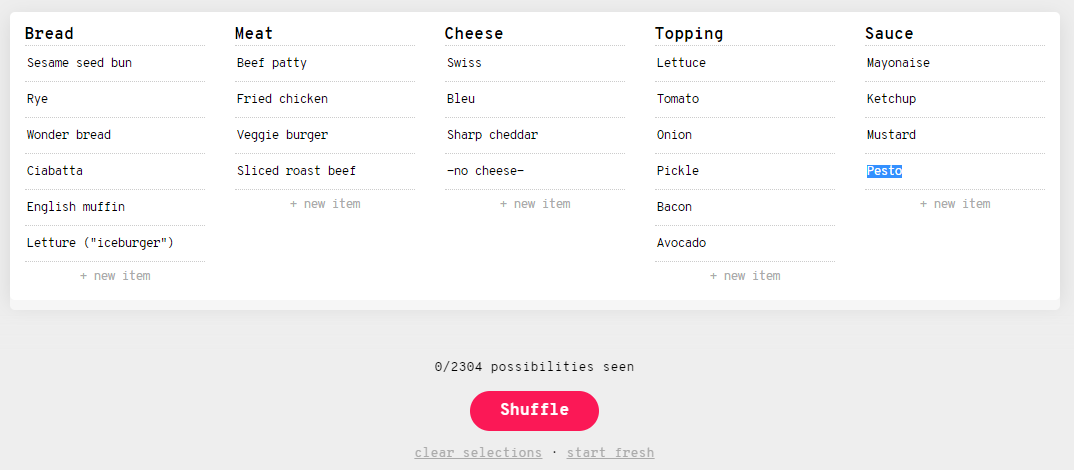
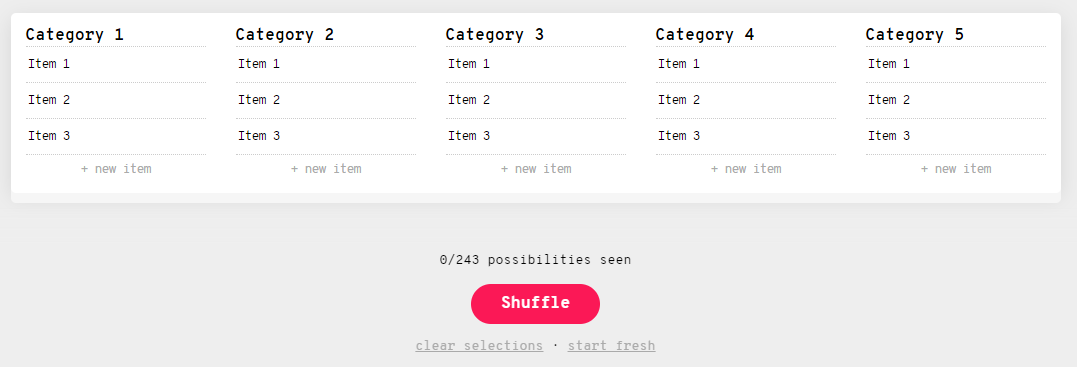
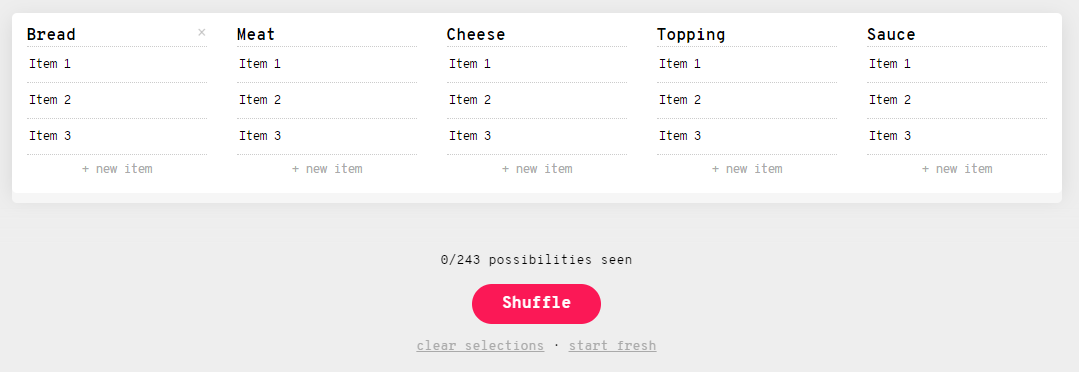
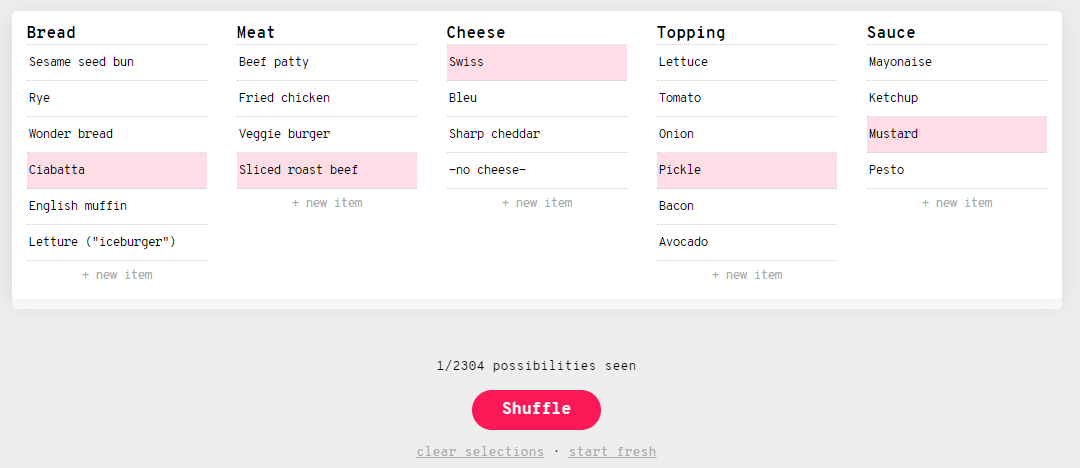
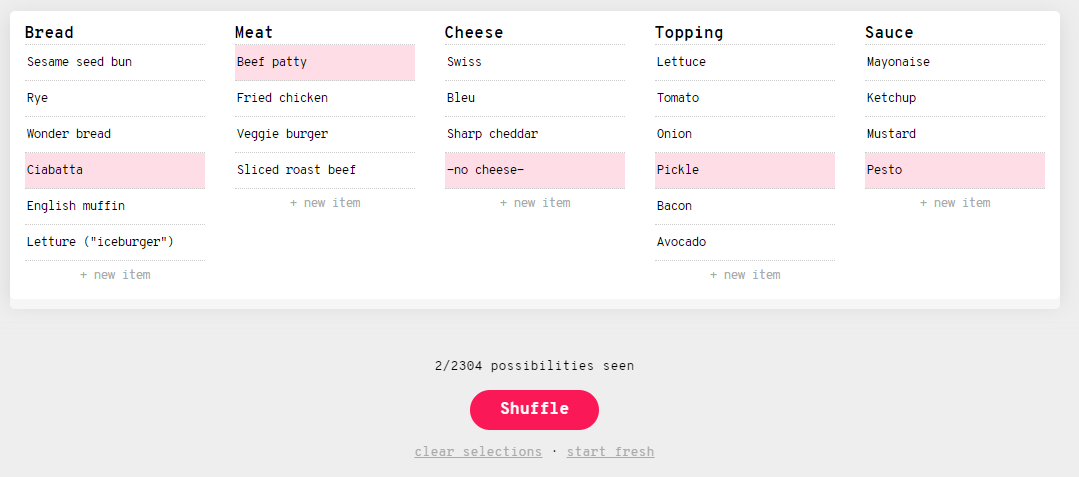
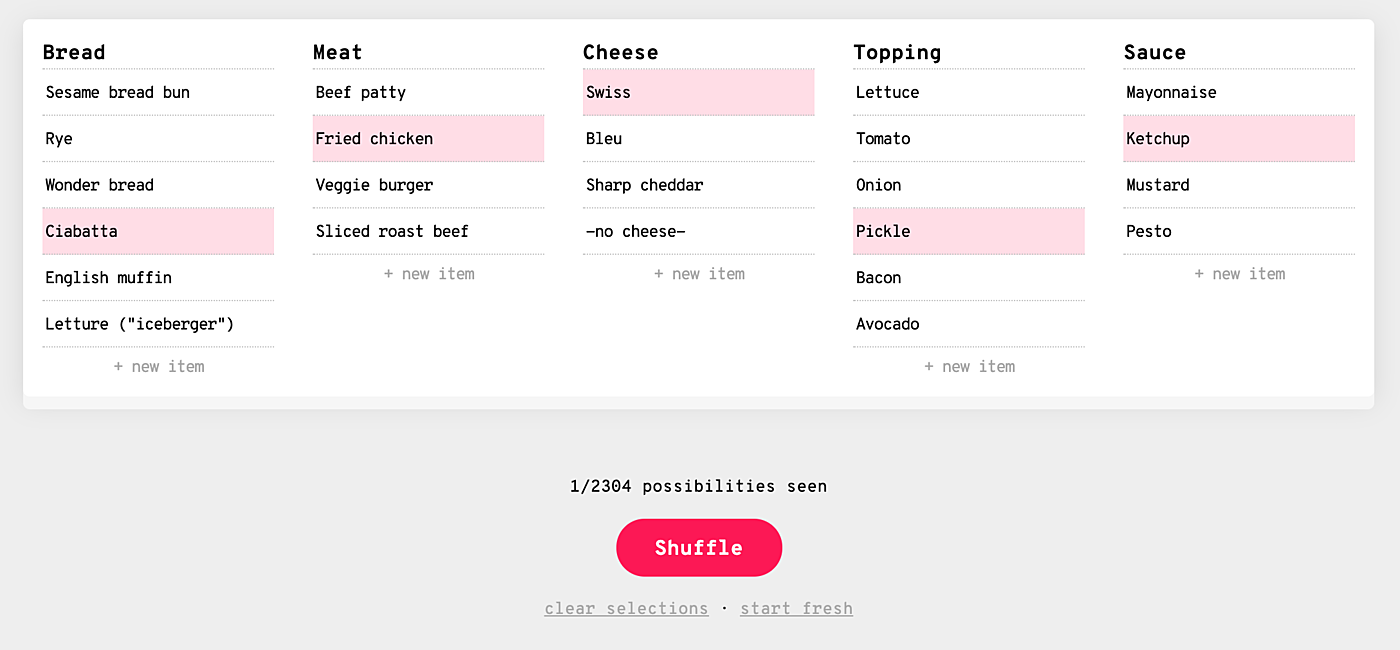





Comments
Don't have an account? Sign up!